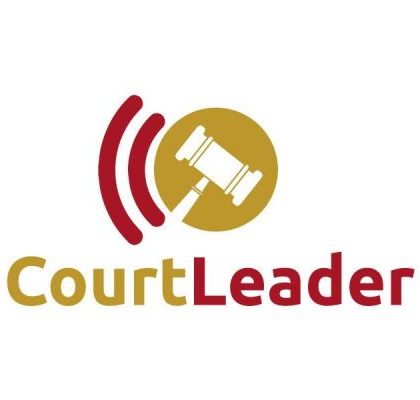Access to justice is a major issue for courts. Fundamentally, judicial systems need to be accessible to be effective in the administration of justice because for litigants to assert their legal rights in the courts they must first be able to easily access the courts. Unfortunately, this often is not the case. Barriers to access include needlessly complex filing systems and processes (manual and electronic) as well as difficulty in procuring legal representation — for instance, over three-fourths of civil state court cases in the U.S. have at least one self-represented litigant in such life-altering matters as debt disputes, evictions, domestic violence, and child support cases.
To help improve access, the Stanford University Law School Legal Design Lab’s Filing Fairness Project (FFP)[i] has focused on four steps:
- Standardizing technology system infrastructure.
- Facilitating a diverse ecosystem of service providers.
- Establishing governance and procurement best practices for filing system technology.
- Promoting easy-to-use digital form preparation and filing tools for a seamless end-to-end digital court experience.
The FFP has partnered with seven state court systems to help establish the conditions necessary for the development of sustainable, multistate digital solutions to assist self-represented litigants improve court access. In that regard, the FFP recently published a Filing Fairness Toolkit.[ii] The Toolkit is an excellent, practical resource with concrete, actionable recommendations. For example, the Toolkit has a Court Modernization Diagnostic Tool that courts can use as a self-assessment to see where to take action.
Every court should constantly work to increase access to justice. A great way to do this is to look at the Filing Fairness Toolkit and see if it can be a help in increasing access to justice in their jurisdiction.
Other Access to Justice resources:
- The Self-Represented Litigation Network (SRLN): SRLN
- NCSC: Access to Justice | NCSC
- Harvard University Law School Access to Justice Lab: The Access to Justice Lab – at Harvard Law School (a2jlab.org)[iii]
- University of Denver — Institute for the Advancement of the American Legal System: Creating Self-Help Materials that Are Actually Helpful | IAALS (du.edu)
- NACM Guides: “Creating a User-Friendly Court Structure and Environment” (2016; “Plain Language Guide”; “Diversity, Equity, and Inclusion” (2023) – available at NACM Store – National Association for Court Management (nacmnet.org)
- NACM Core Competencies (access to justice is a subtopic included in several competencies): Core® Competencies – National Association for Court Management (nacmnet.org)
[i] Stanford University Law School: Access to Justice – Center on the Legal Profession (stanford.edu); Home – Filing Fairness Project (stanford.edu)
[ii] Filing Fairness Toolkit – Filing Fairness Project (stanford.edu)
[iii] The vision of the A2JLab at Harvard is to use empirical research to improve the U.S. justice system; the Lab currently has 26 projects in action and development across 18 states.

